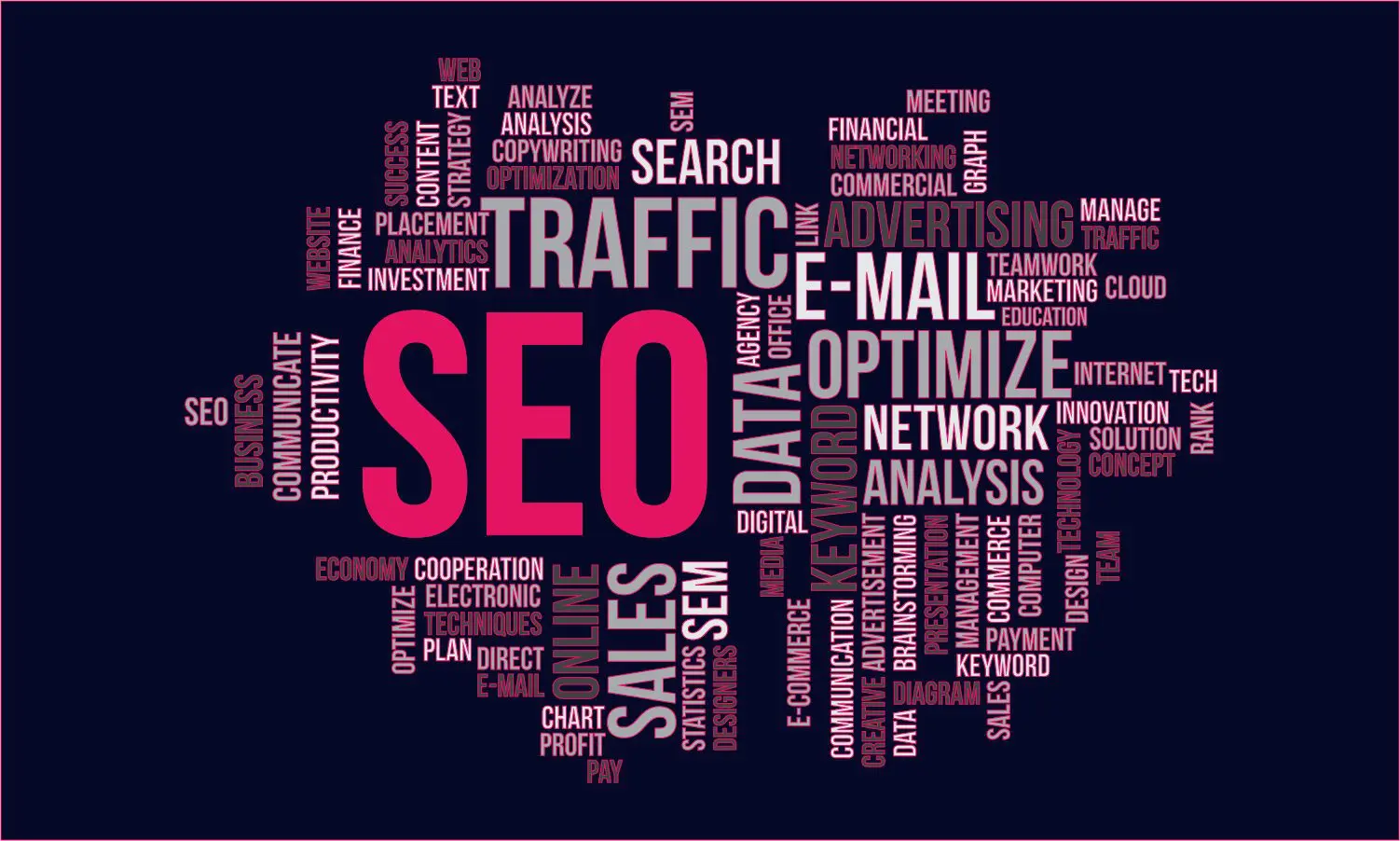Understanding SEO (Search Engine Optimisation) Jargon
Especially for those outside the SEO industry, Search Engine Optimisation, or SEO, can seem like a jargon-filled techie topic. You may have heard of SEO and optimising your website, but you don’t want to talk to an expert about it, just because it’s confusing!
Nevertheless, SEO is as simple as it sounds, optimizing your website so that search engines will favor it and rank it higher than millions of other websites competing for page one.
We should discuss Google, since it plays an important role in SEO. Google continues to be the most popular search engine. In 2020, Google had a market share of 70.38%, which means it is by far the most popular search engine. SEO is a constant struggle of trying to figure out Google’s very hush hush ranking factors and optimizing websites based on these factors.
As you gain an understanding of SEO, it is important to learn the different terms or jargon used in order to better understand it.
On-Page / Off-Page SEO
On-page SEO means you control the factors on your site, while off-page SEO is everything else. An example would be how much exposure you get on social media, which mentions or links to your website. Off-page SEO also includes backlinks.
Backlinks
It’s a link on an external site that points back to yours. Getting backlinks is great for SEO but they can be dangerous too. With lots of mentions of your website on the web, Google deems it more trustworthy and will rank it higher. Unfortunately, toxic backlinks can make your website horrible. There are usually spammy backlinks from low authority and unsecure websites
Organic
Simply put, organic means natural. If a website visitor is called Organic, that means they found your website through a Google search without using any advertising. It is determined by how well it is optimized.
Keywords
Your website’s content should contain keywords. These are the words people type into search engines. Search terms need to be relevant to your business and optimized on-page for Google and other search engines to rank your website
Algorithm
It’s a complex system that retrieves data from its search index and instantly returns the best results. On its search engine results page, Google uses algorithms and ranking signals to deliver websites ranked by relevance. It’s pretty safe to assume that Bing & Yahoo use the same algorithm.
E.A.T
The E.A.T acronym stands for Expertise, Authority, and Trust. It’s hugely important to optimize your website’s keywords and content, but just as important is how trustworthy and relevant it is. The goal of search engines is to provide end-users with the best possible information for their search query, so if you’re not a trusted source for products and information, you won’t rank.
301 redirect
301 redirects are permanent redirects from one webpage to another, passing along most of the link juice or ranking. 301 refers to the HTTP (hypertext transfer protocol) status code.
ALT text
In the HTML code of your site, ALT text describes an image. Spiders and bots crawl around your site looking for content, but they can’t read images. They read ALT text instead. Spiders and bots will be able to identify the image with the help of a description.
SERP
A search engine results page (SERP) is what you see when you search for a term or phrase on Google. It’s the search term you’re looking for, a list of pages with the title, URL, and a short two-line description, as well as “sponsored links” or paid listings on the side of the page
Meta description
In 160 characters or less, describe what a particular page is about. Search engine results appear below your title on the search engine results page (SERP). It is very easy to use tools such as Yoast on your blog. Meta descriptions can be written with these tools without having to guess.
Are you looking for more marketing advice and tips? Subscribe to O’Brien Media Insiders Blog notifications


